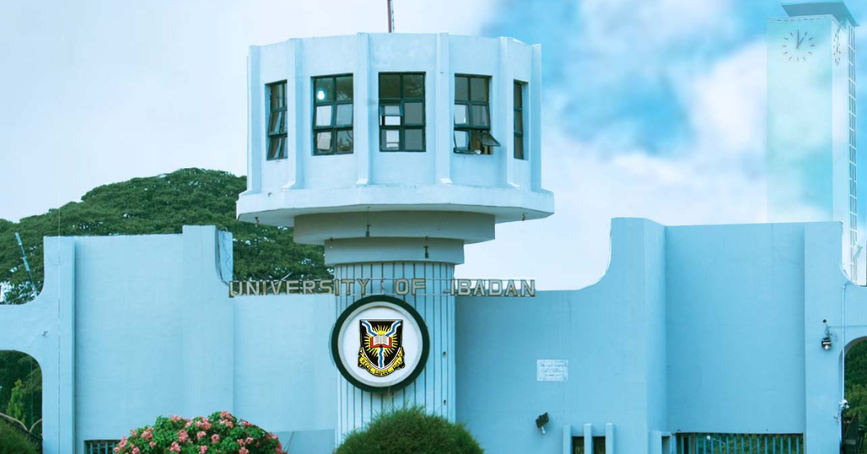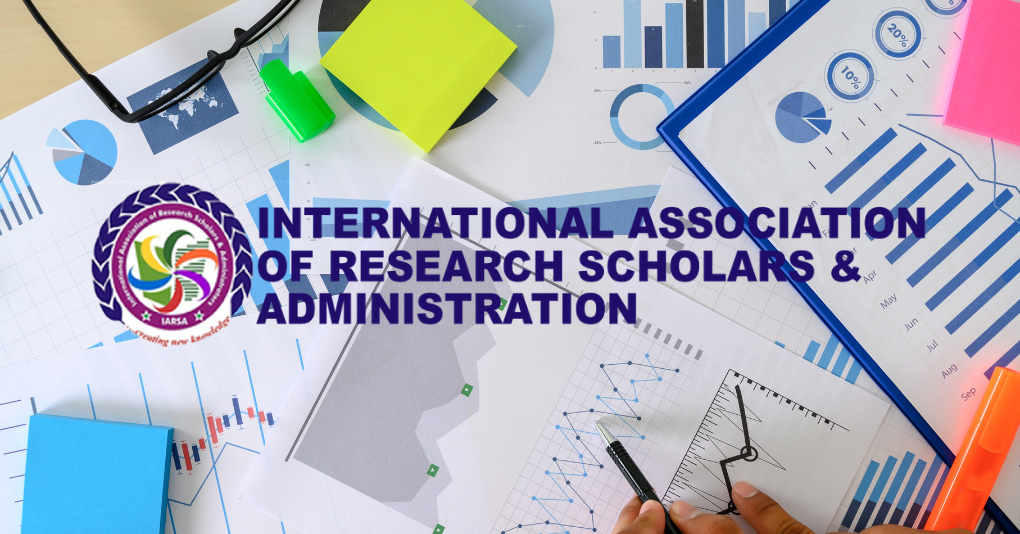Vice Chancellor of the University of Ibadan (UI), Professor Kayode Adebowale, has said the path to sustainable development can only be paved with the wise management of renewable natural resources.
Professor Adebowale, who noted this while declaring open the maiden hybrid conference on Renewable Natural Resources organised by institution’s Faculty of Renewable Natural Resources, said poverty eradication, zero hunger, climate action, life on land, and below waters all hinge on how wisely humans steward these gifts of nature.
The theme of the conference was ‘Renewable Natural Resources Management and Use: A Path to Sustainable Development.’
According to him, the initiative marks a significant milestone not just for the UI but for Nigeria’s journey towards ecological resilience and sustainable prosperity.
He, therefore, tasked researchers in Nigeria and Africa at large to manage the natural resources with courage, innovation, collaboration, and an unwavering commitment to intergenerational equity.
Professor Adebowale reiterated that Nigeria and Africa’s rich endowment of natural resources forms the bedrock of economies, cultures, and ecosystems, yet these resources face unprecedented pressure such as deforestation, desertification, biodiversity loss, soil degradation, water scarcity and the pervasive impacts of climate changes.
The VC asserted that sustainable management and innovative use of renewable natural resources are not optional ideas but the only viable path to achieving the Sustainable Development Goals (SDGs).
He advised participants at the conference to think interdisciplinary, focus on solutions, embrace collaboration, champion innovation, and advocate relentlessly.
The dean, Faculty of Renewable Natural Resources, Professor Adejoke Akinyele, said the conference tagged ‘RENEWABLE 2025’ provided a vital platform for scientists, foresters, wildlife experts, extension workers, trainers, fishery professionals, government officials, NGOs and other stakeholders to share their researches, discuss challenges and forge meaningful collaborations.
Professor Akinyele stated that renewable natural resources such as water, soil, forests, fisheries, and wildlife are essential to human well-being and economic development, adding that sustainable management and utilisation of these resources are critical to ensuring their long-term availability and maintaining ecosystem health.
She said the Faculty of Renewable Natural Resources is poised to make a significant impact, increase scholarly influence and popularise sustainable natural resource management on the global stage with research outputs and intellectual contributions that enrich knowledge while its graduates make remarkable strides worldwide.
The keynote speaker, a Professor of Forest Economics and Sustainable Development, UI, and executive secretary/CEO of the African Forest Forum, Nairobi, Kenya, Professor Labode Popoola said renewable natural resources are not infinite, submitting that when managed wisely, they regenerate and continue to provide essential goods and ecosystem services that sustain human life and economic growth
He noted that renewable natural resources are central to six transformations: education, gender and inequality; health, wellbeing and democracy; energy decarbonisation and sustainable industry; sustainable food, land, water, and oceans; sustainable cities and communities and digital revolution for sustainable development.
He urged researchers to collaborate with a broad spectrum of actors, including multinational corporations, local governments, regional and international institutions, and civil society organizations.
Professor Popoola stressed that accountability and transparency should be prioritised at all levels, advancing that enhancing regulatory frameworks which are needed to safeguard human rights, civil liberties and environmental standards for collaborative and transnational research of renewable natural resources are also key.
He recommended that the government must prioritise integrated policies that promote the sustainable use and stewardship of renewable resources, invest in innovation, science and capacity building, support circular and inclusive green economies, promote sustainable production and consumption, integrate renewable resources into the global sustainability agenda; strengthen renewable natural resources and sustainability education and research amongst others.
The chairperson of the Local Organising Committee, Dr Siyanbola Omitoyin, said the conference was timely as the impact of climate change seen in flooding, desertification, increased temperature and others are on the increase.
She stated that the conference, being the first of its kind in the Faculty of Renewable Natural Resources, is of international standard, disclosing that it was organised in the hybrid mode to accommodate international participants.
Also, in attendance at the opening ceremony of the five-day conference were the management team, deans of faculties, retired professors of the celebrant faculty, government officials, researchers, scholars, international participants, NGOs and students.
Share this post





Be the first to comment on this post